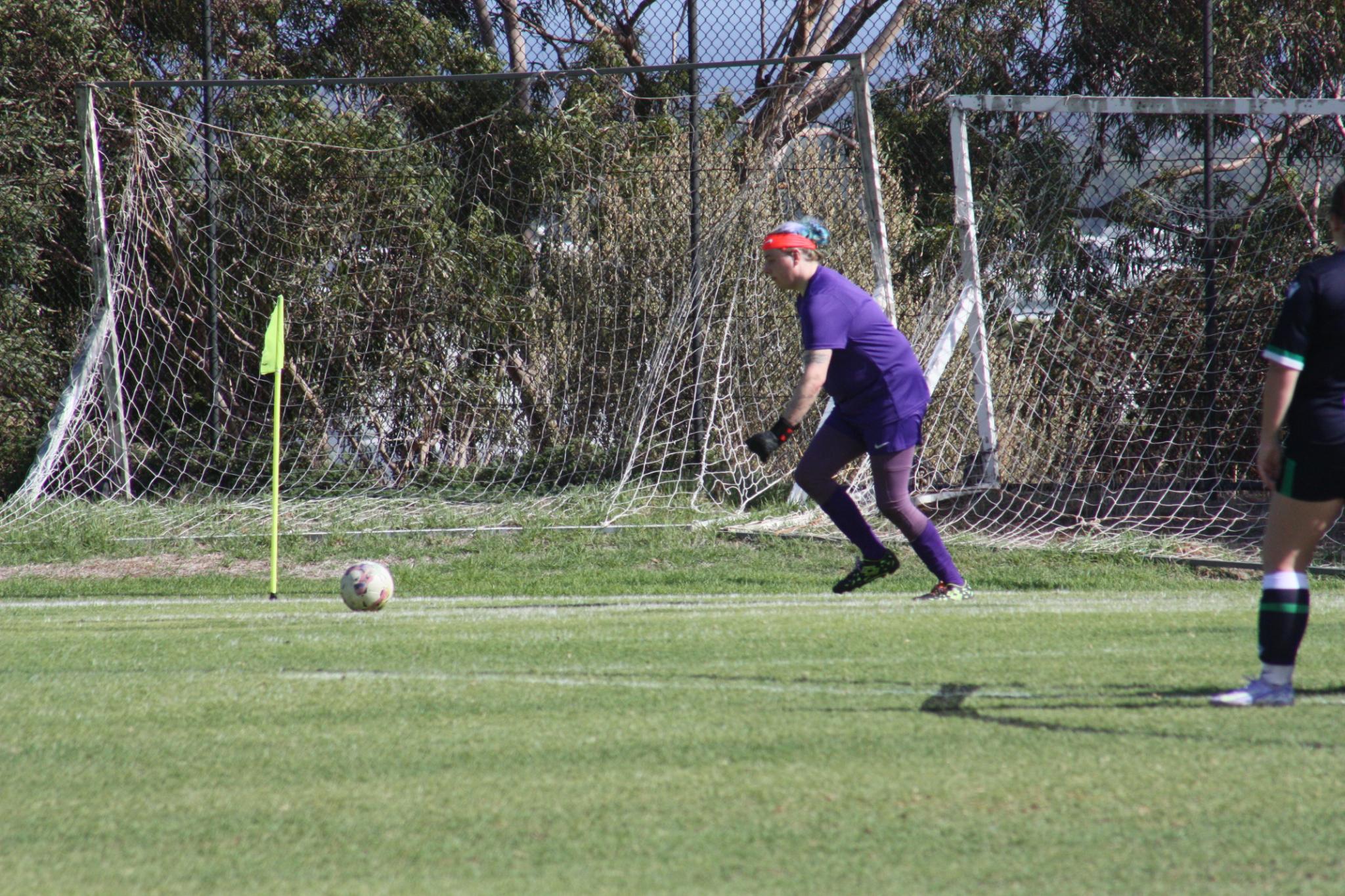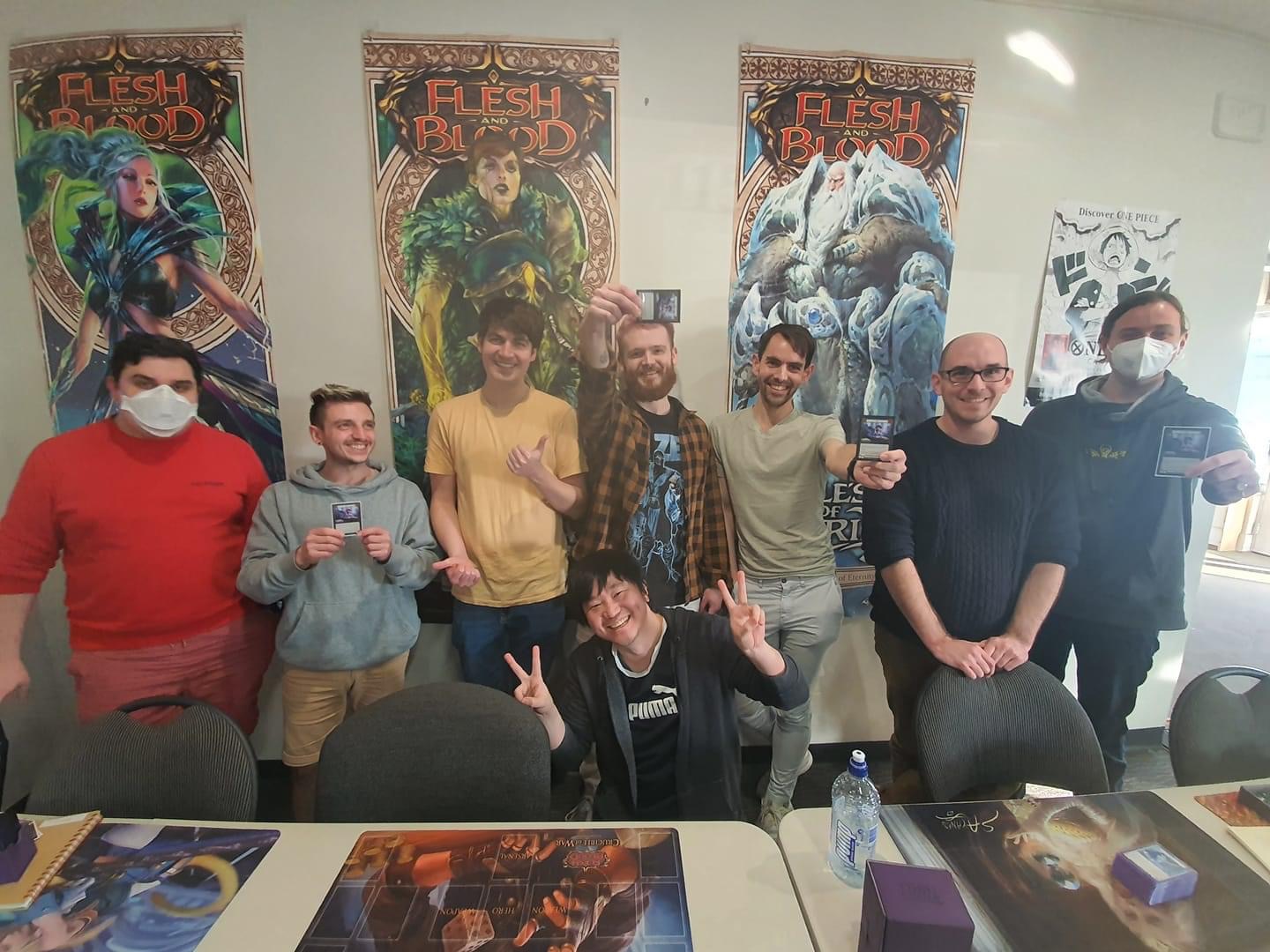'Healthy fear' mindset
At my soccer club, our usual goalkeeper is unavailable for this season, so I have begun playing as a goalkeeper. This is a unique position in soccer - in all other positions, whether playing as a forward, a midfielder, or a defender, your role is both offensive and defensive. Even defenders need to know how to support attacks, and full backs (a category of defenders) frequently score goals or provide assists. For sure, the best goalkeepers can also open up offensive opportunities. But goalkeepers are unique in that their primary role is to do anything and everything necessary to stop the opponent from scoring a goal.

I’ve noticed a specific mindset when I’m playing as a goalkeeper. I am constantly scanning the pitch and asking myself: “Where is the opponent’s goal going to come from?” Even when our team has possession, even when the ball is in the opposing team’s half of the pitch, I am scanning for the opposing team’s possible openings in case they quickly regain possession and make an attack.
I’ve also noticed this mindset in a few other contexts.
I have previously played trading card games at a competitive level. I actually haven’t played competitively in a couple of years. But one of my more recent tournaments was a local Flesh and Blood tournament in 2022, where the top 4 finishing players earned a place at the Australian Nationals tournament.
This was a very enjoyable tournament. It was competitive but friendly and good-natured. The photo below shows the top 8 players meme-ing it up (I’m on the far right in my grey EA hoodie and a face mask - this was before I began feminising hormone replacement therapy, and I look quite different to how I look now!).

I remember this tournament because I played very well. Two major things went well for me. Firstly, I got very lucky (this is a necessary step for winning any major tournament, purely due to the mathematics of competitive events). Secondly, in every match I played, I was living in constant fear! Even while ahead in the game, I would constantly be thinking to myself: “How is my opponent going to come back and win this game?” This means that even when I was winning, I was developing back-up plans to protect my position in the game.
Beyond competitive games, I’ve noticed this “healthy fear” mindset in other areas of life.
The biggest example is emergency preparedness. If you study any guide to dealing with an emergency, such as providing CPR or evacuating a burning building, you will notice many steps that are essential but not obvious. These steps are the “healthy fear” and help to prevent corner cases that might otherwise hinder the successful navigation of the emergency. For example, the first step in any first aid procedure is to check for signs of danger, such as fire, chemicals, or loose wires - this prevents the corner case of the first aider themselves becoming injured. Likewise, any self-respecting guide to evacuating a building in a fire will tell you not to use the elevator - this prevents the corner case of the elevator becoming damaged and shutting down, placing evacuees at unnecessary risk of harm.
The “healthy fear” mindset can also be used in high-stakes advocacy projects, such as when lobbying policymakers. Even if the lobbying project is showing signs of promise, and the politician or corporate representative is giving indications that your policy ask will be successfully adopted, it is essential to figure out how the project might fail. This way, you can take any necessary steps to prevent these corner cases and increase the chances of the campaign’s success.
There is also a caveat! The “healthy fear” mindset is very useful in these specific, high-stakes contexts of competitive games, emergency preparedness, advocacy campaigns, and many others. However, when this mindset is uncritically adopted in everyday life, it can look a lot like obsessive-compulsive disorder. I am no stranger to this disorder - there are many examples in my day-to-day life where I am overly cautious about things that could possibly go wrong. When you’re preparing for emergencies, such as making sure you have a plan for when a family member experiences a health-related emergency, it is perfectly reasonable to prepare for all of the possible things that can go wrong. But when there is no obvious danger, it is easy for this mindset to provoke the unnecessary and unhelpful thoughts and behaviours associated with OCD. So it is important to be discerning!